Heritage University announces 2019 Moccasin Lake Foundation Scholarship recipients
FOR IMMEDIATE RELEASE
Heritage University announces 2019 Moccasin Lake Foundation Scholarship Recipients
Toppenish, Wash. – Heritage University is proud to announce the 2019-20 academic year recipients of the Moccasin Lake Foundation Scholarship. This year’s cohort and their high schools or programs are as follows:
Elian Coria Brito – Granger High School
Heidy Lemus – Sunnyside High School
Arely Padilla – West Valley High School
Paola Villanueva – Sunnyside High School
Alejandra Morales – GED Program at Heritage University
The Moccasin Lake Foundation Scholarship, first awarded in 2018, is Heritage University’s most competitive scholarship. It provides for the full cost of attendance, including tuition, books, and room and board for up to four years of study to earn a bachelor’s degree in any of the university’s more than 40-degree programs. The scholarship is awarded annually to five incoming students. This year’s cohort will join last year’s inaugural cohort. In two years, and in perpetuity, there will be a cohort of 20 Moccasin Lake Foundation Scholars on campus in any given year.
Many of the recipients, including Heidy Lemus of Sunnyside High School, learned she received the scholarship during a surprise visit to her school by Heritage admissions counselors accompanied by several of her family members. “I was so happy to learn I received the Moccasin Lake Foundation Scholarship! I worked so hard to earn this opportunity,” said Lemus.
The Moccasin Lake Foundation is a private not-for-profit organization which seeks to enrich Northwest communities through its charitable contributions. Lisa P. Anderson, President of the Moccasin Lake Foundation, says the endowment created at Heritage by the foundation will provide scholarship funding for deserving students for generations. “I’m excited to watch these students grow, learn, and graduate,” said Anderson. “It will be very rewarding to then see the amazing things they accomplish in their careers and their lives for the good of their communities.”
Dr. Andrew Sund, President of Heritage University, says he is enthusiastic about the opportunity this scholarship presents to students. “This gift makes college possible for these five deserving students, and for that, we are truly thankful. It is the generosity of our entire family of supporters that allows us to make higher education accessible to so many promising individuals in our valley. We are grateful for each and every gift- together we are transforming the lives of students, their families and the communities in which they live.”
For more information, contact David Mance, Media Relations Coordinator at (509) 969-6084 or Mance_D@heritage.edu.
# # #

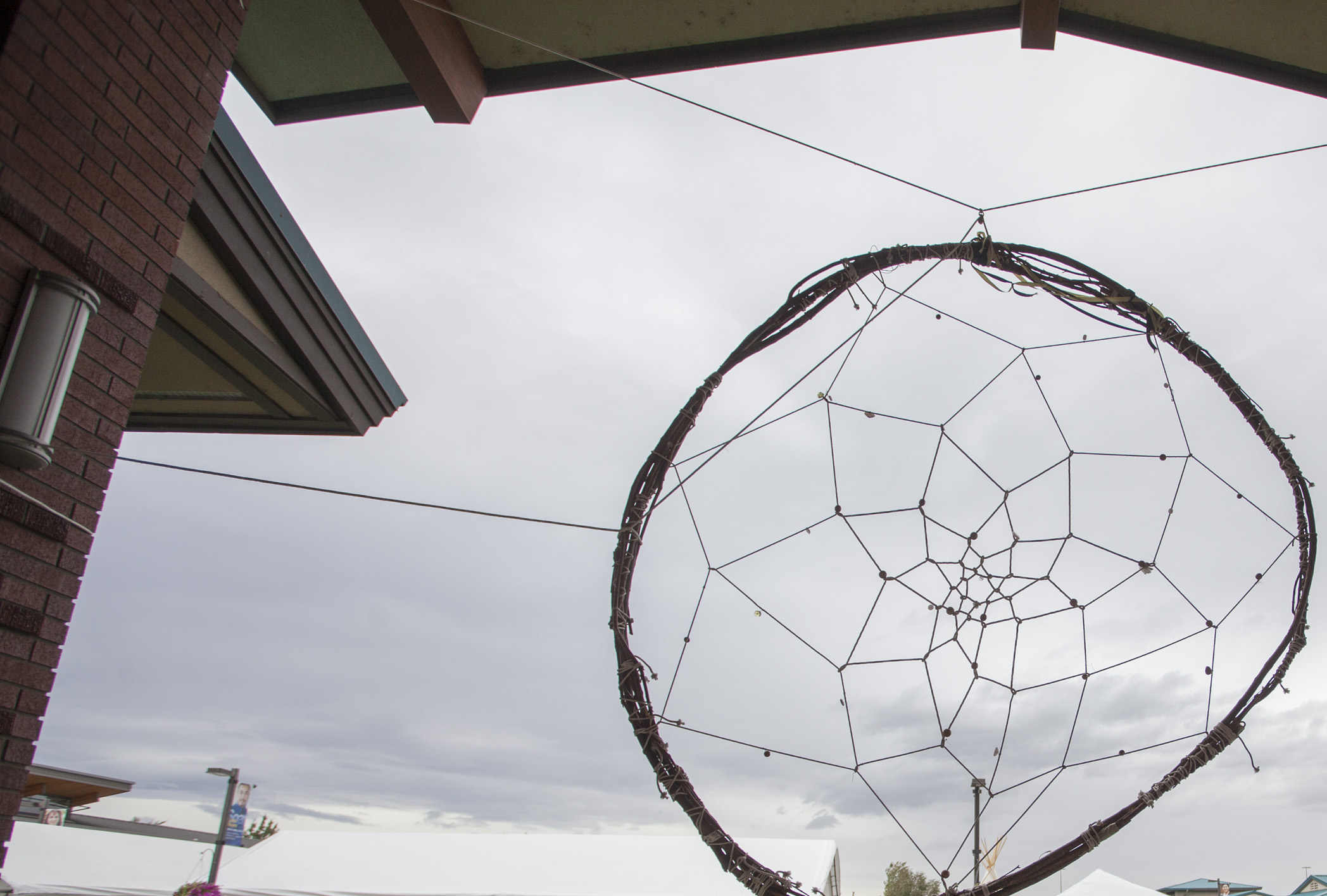
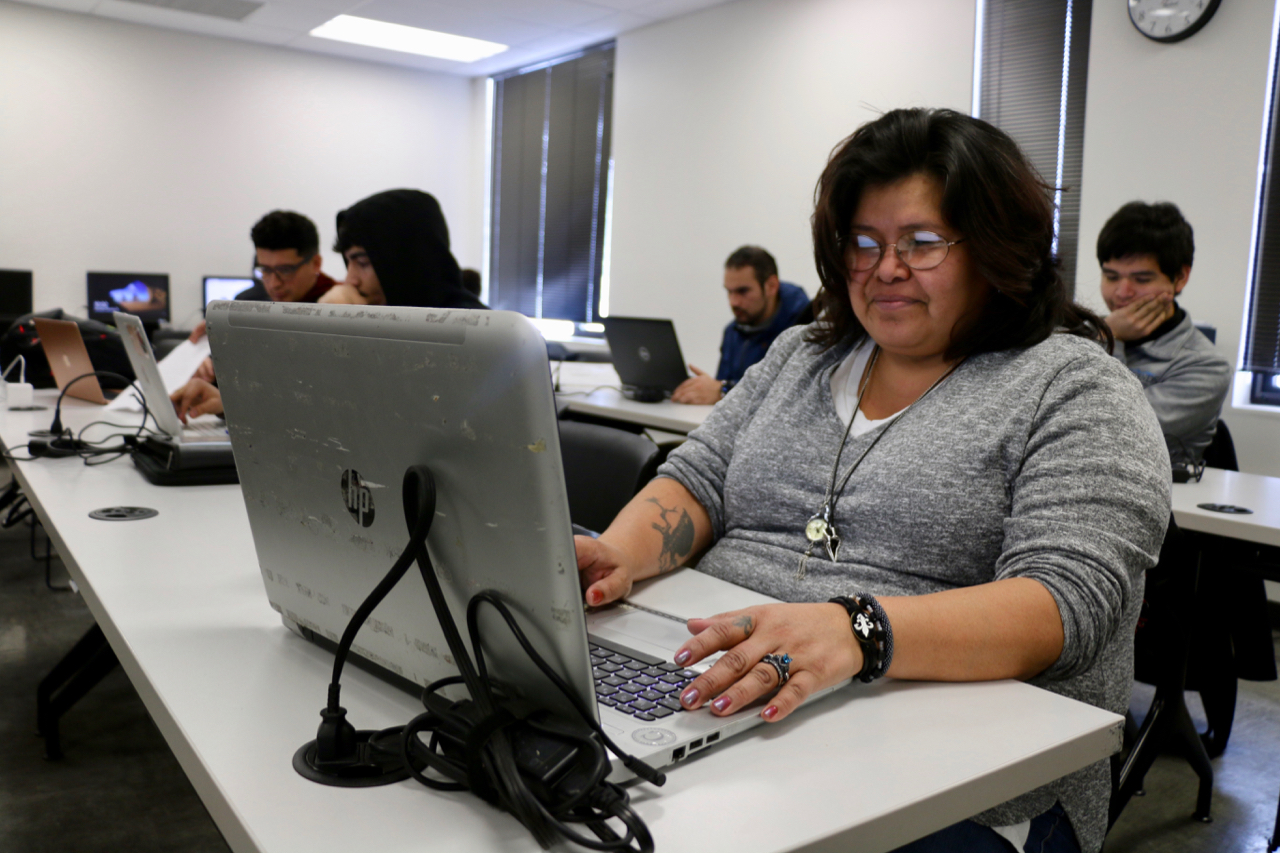


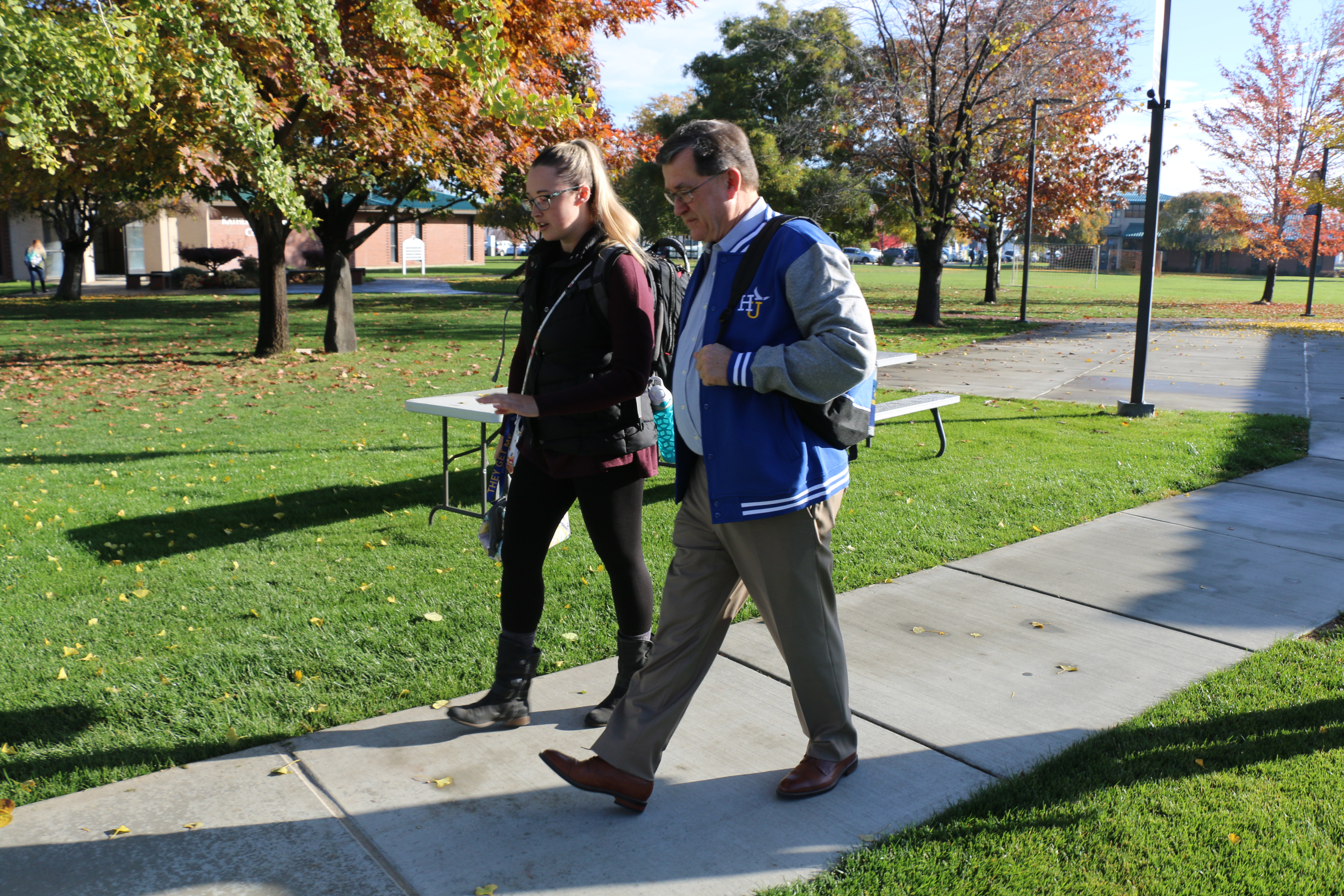
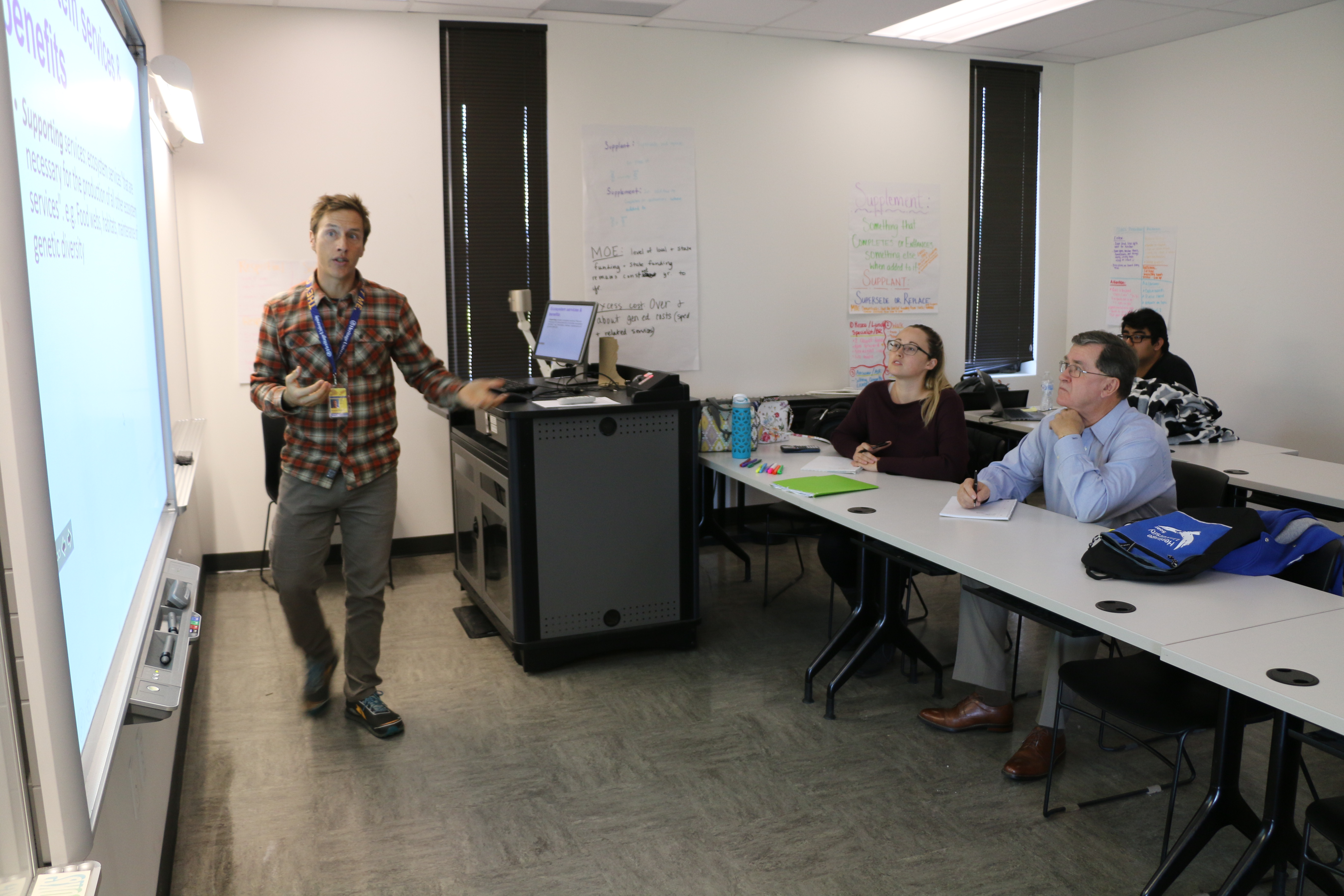
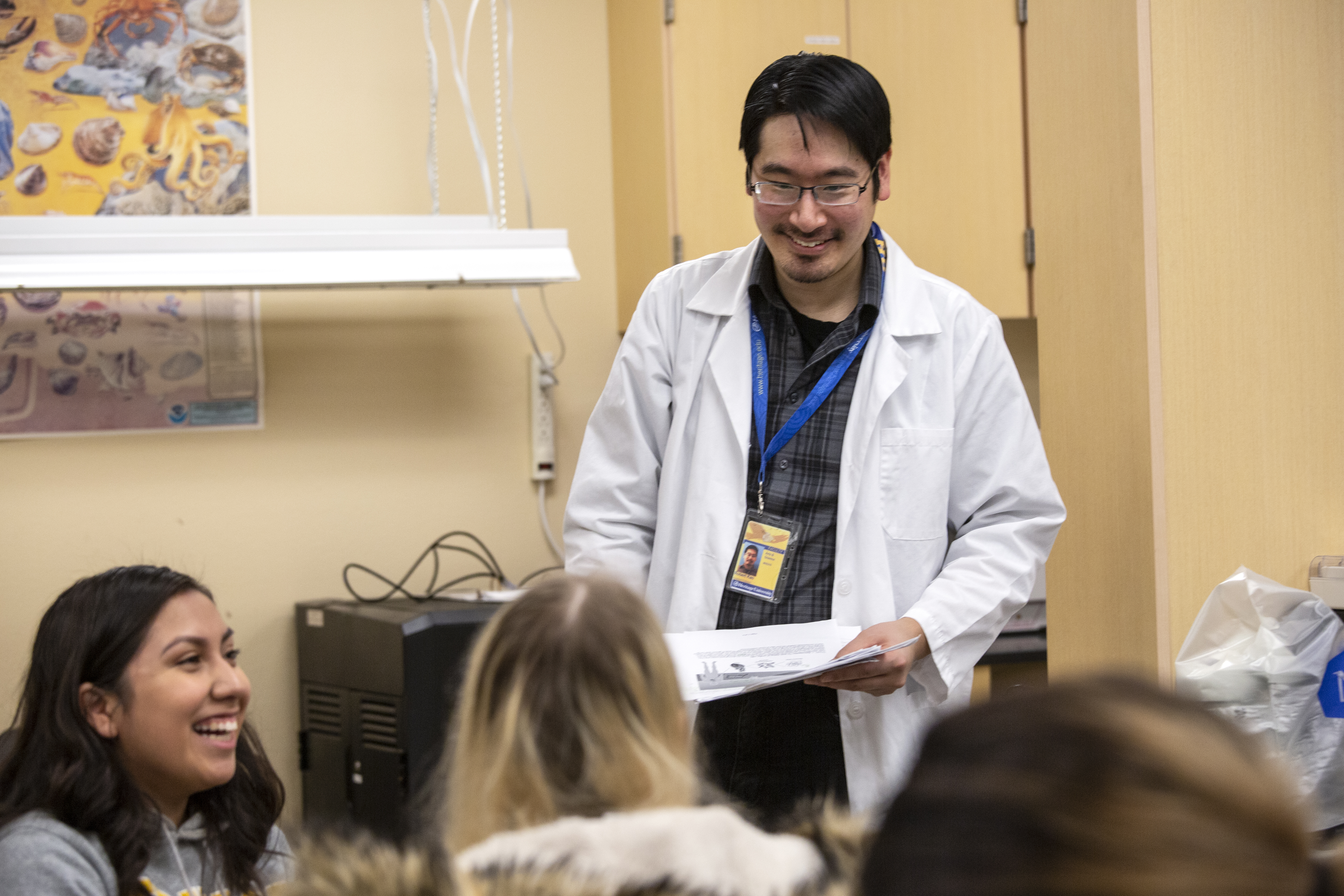
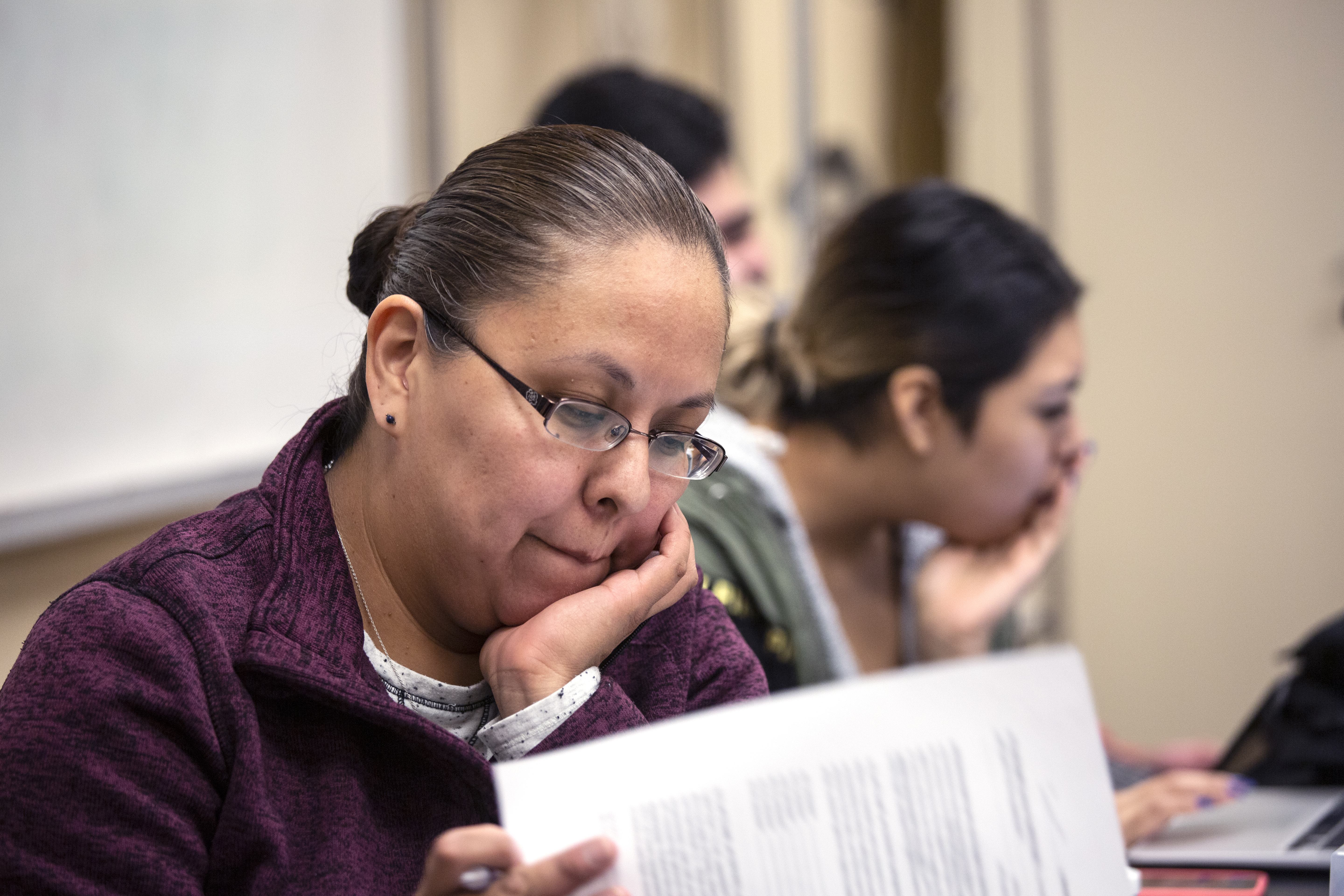
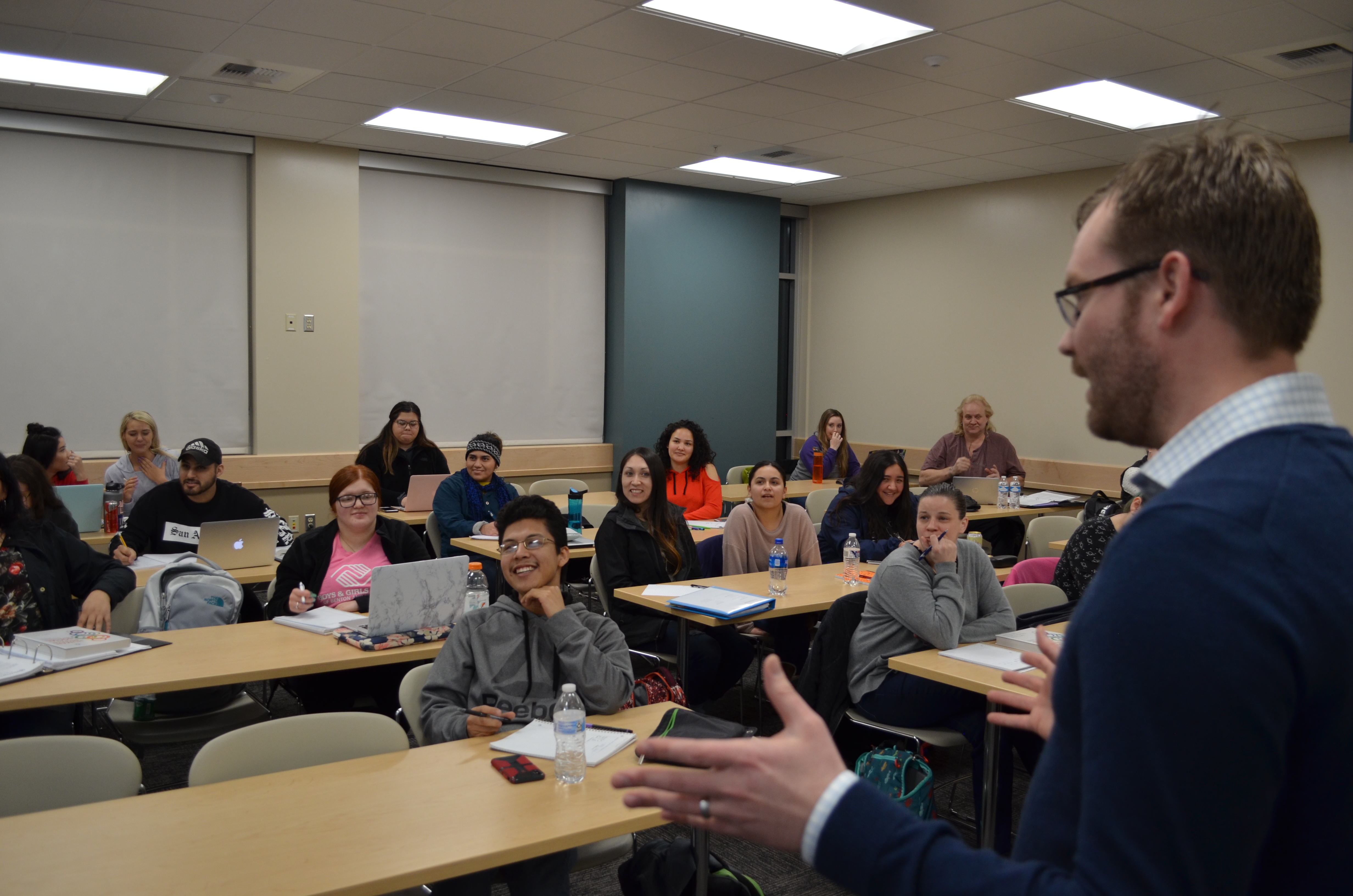
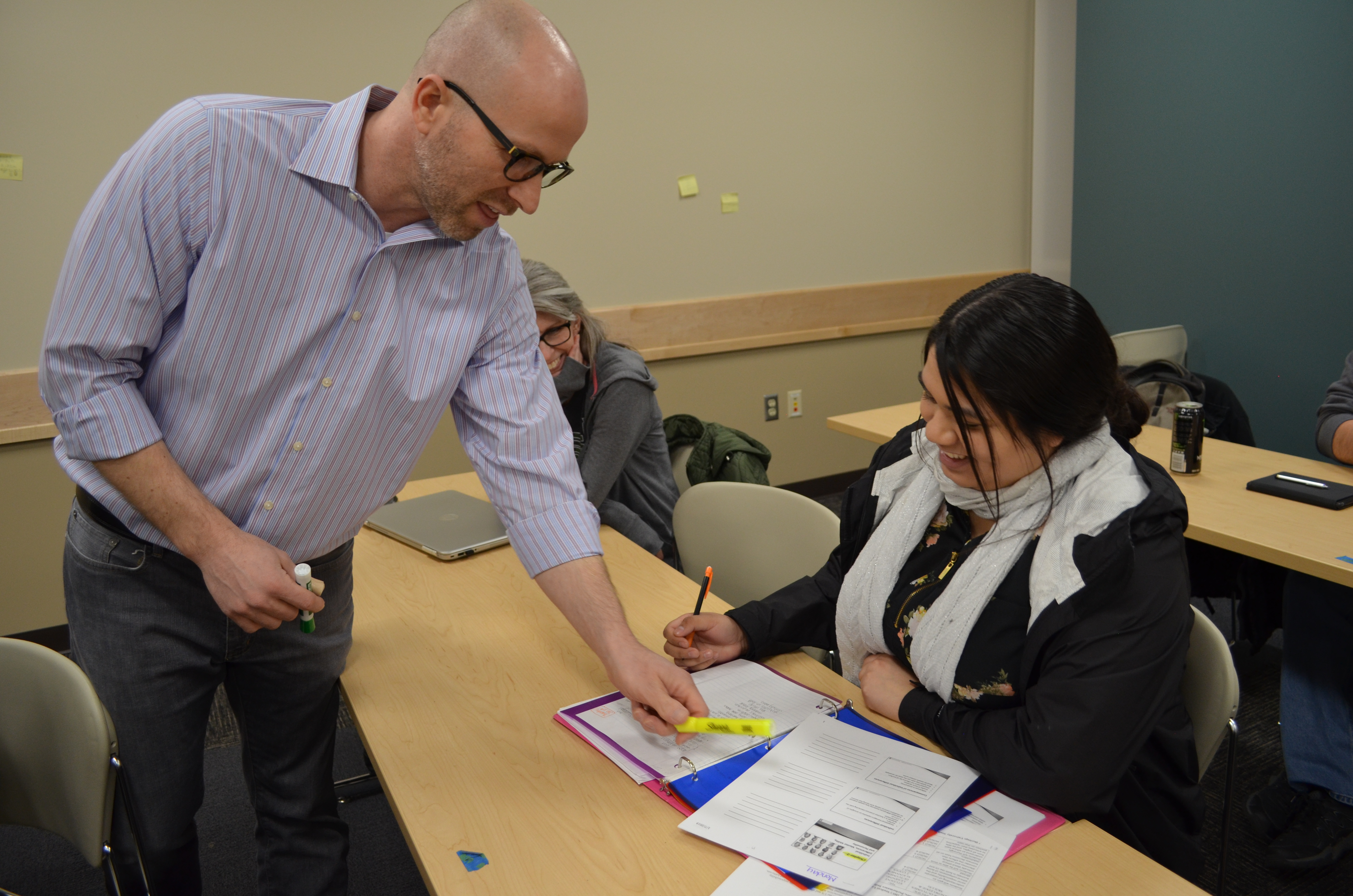
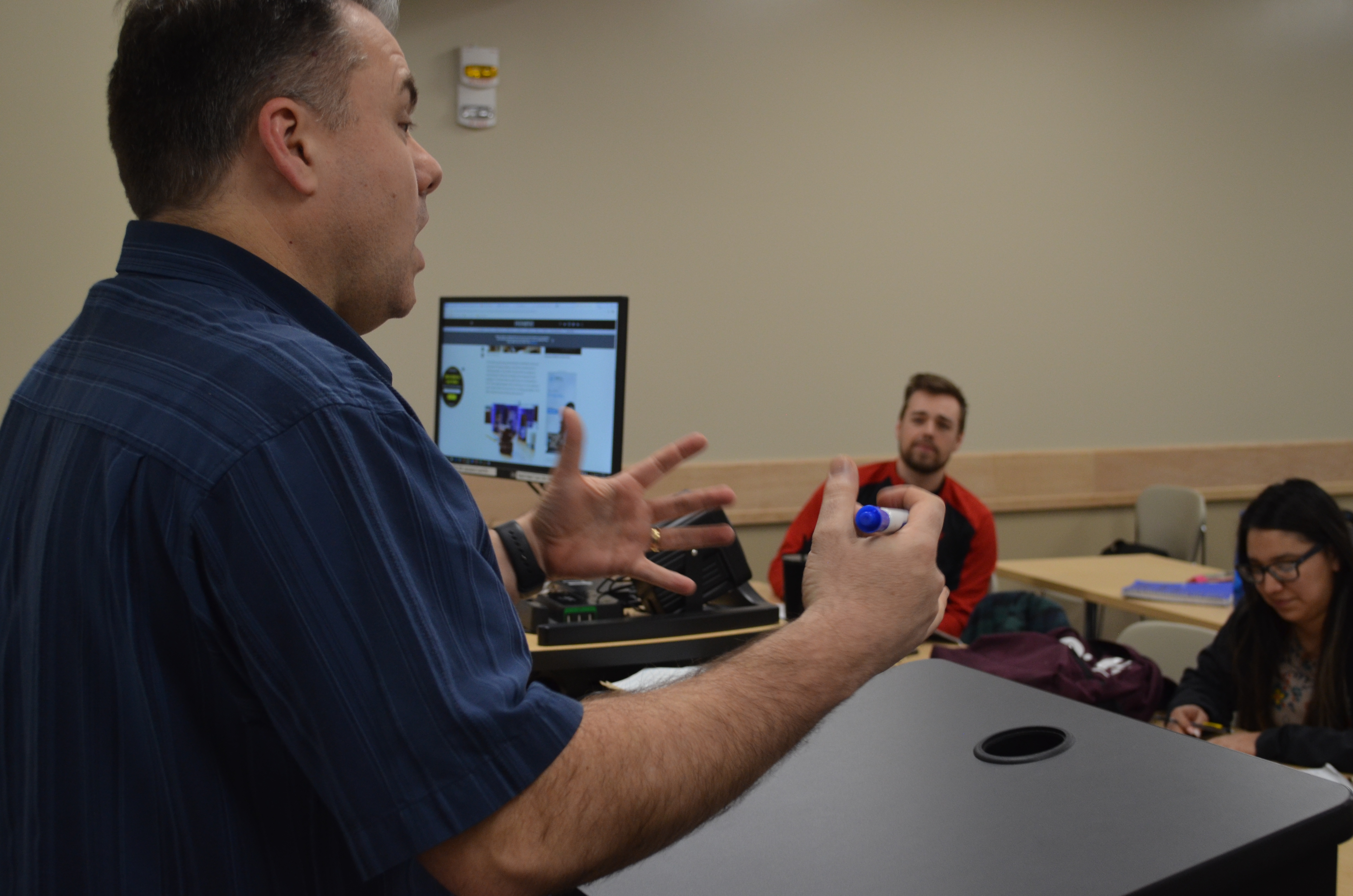



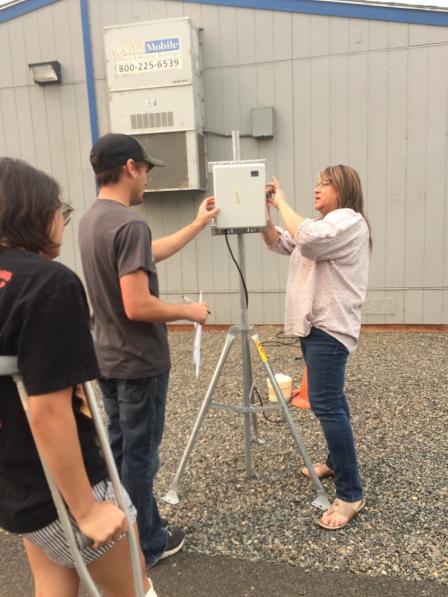

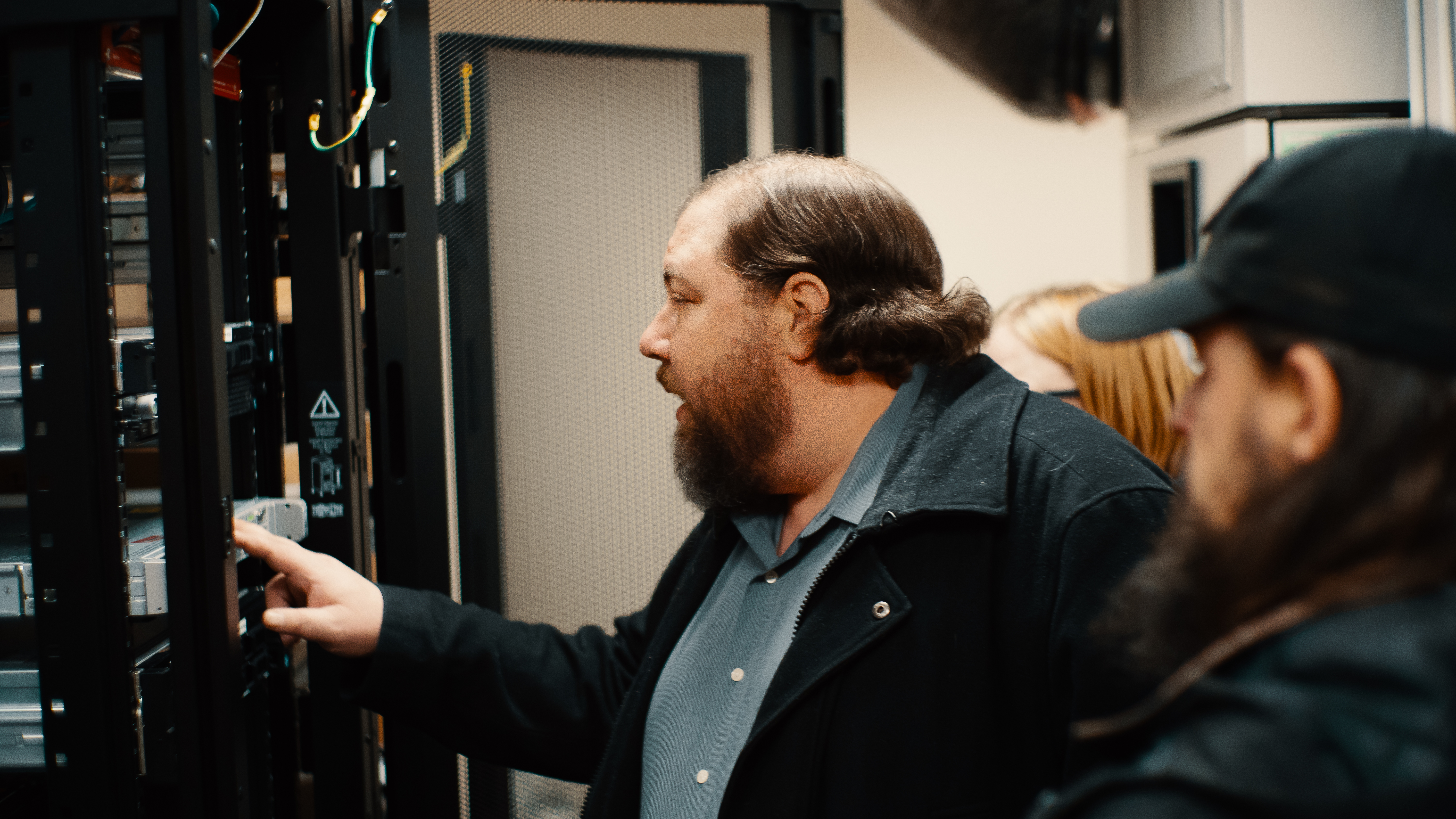
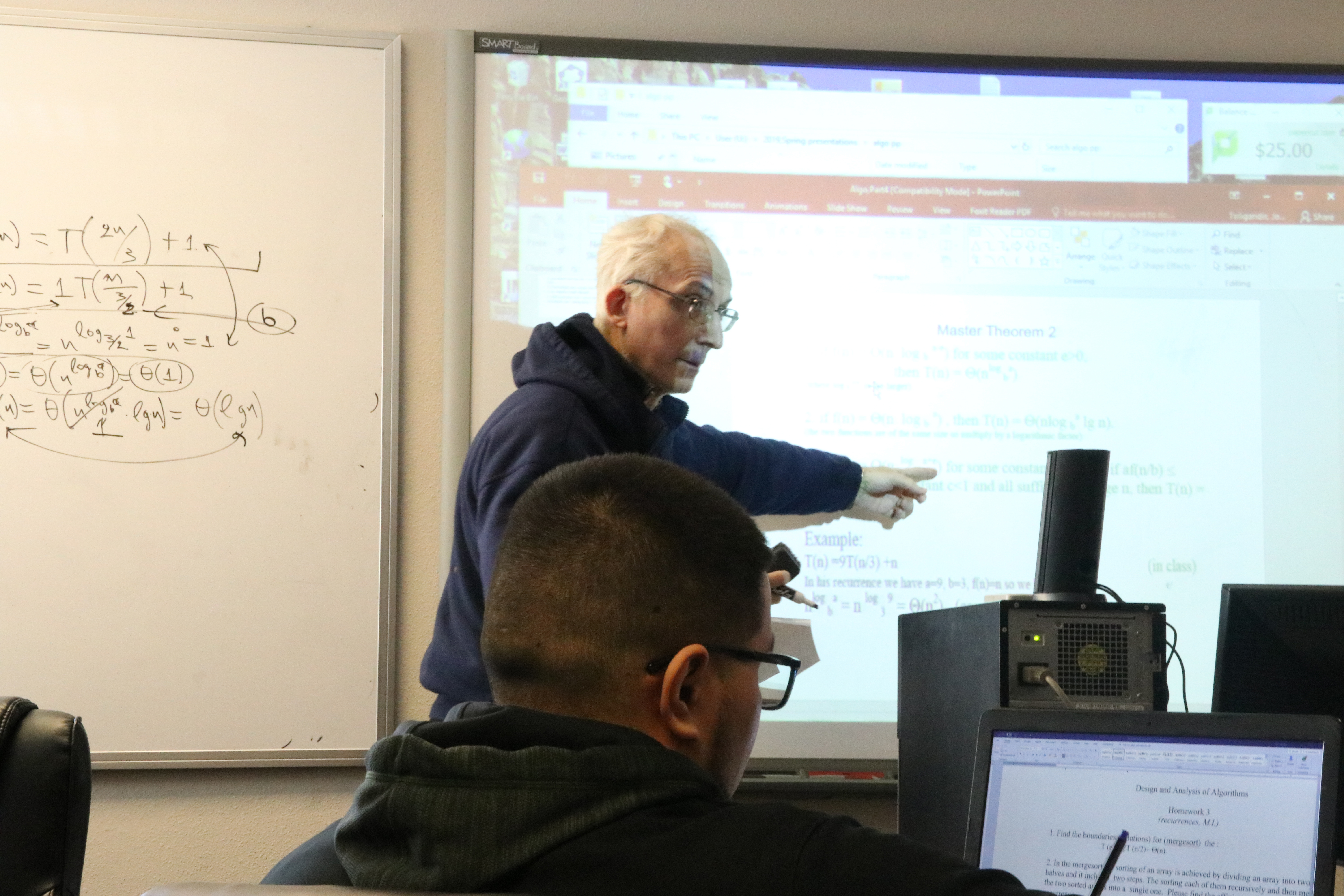
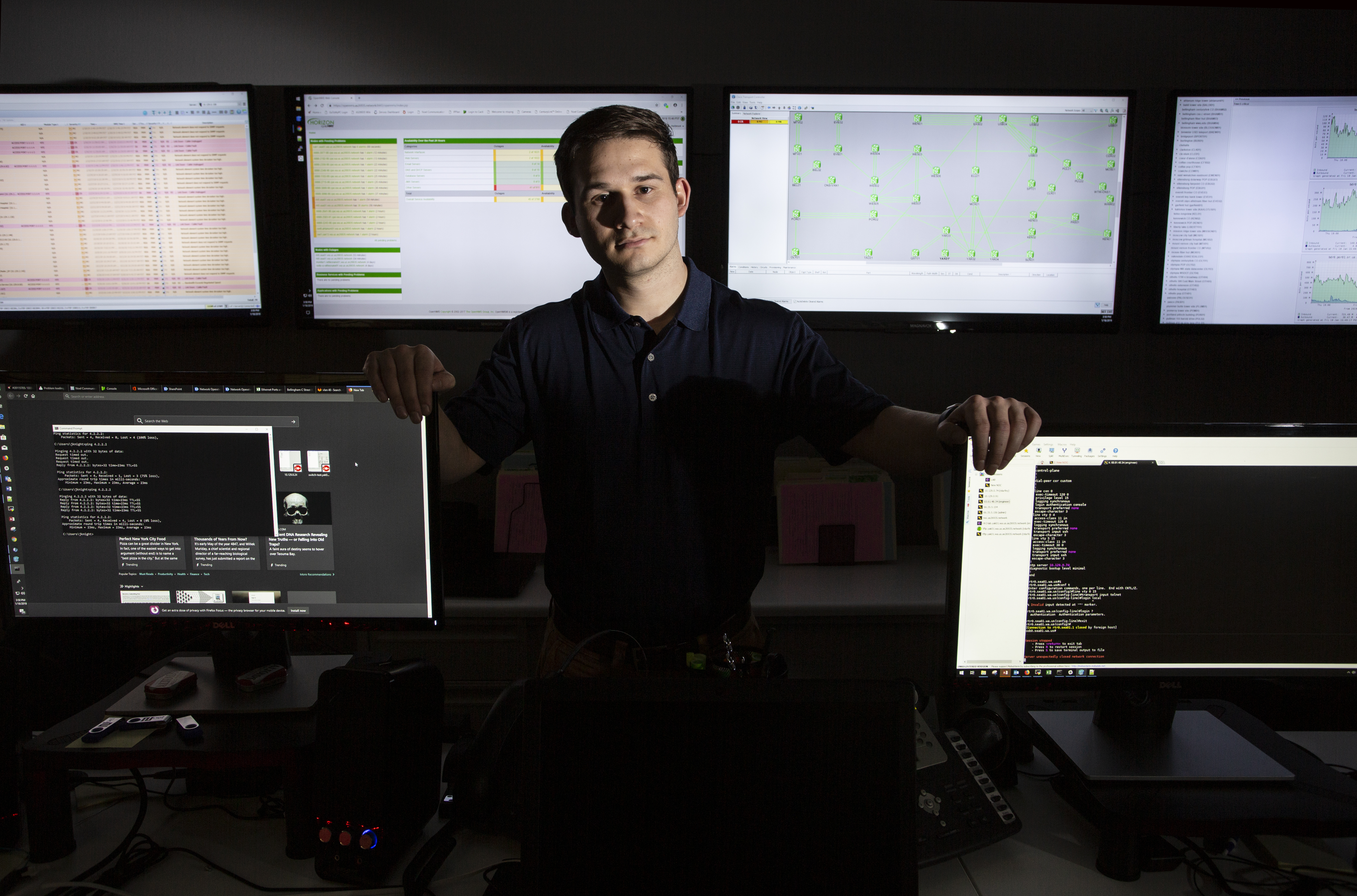
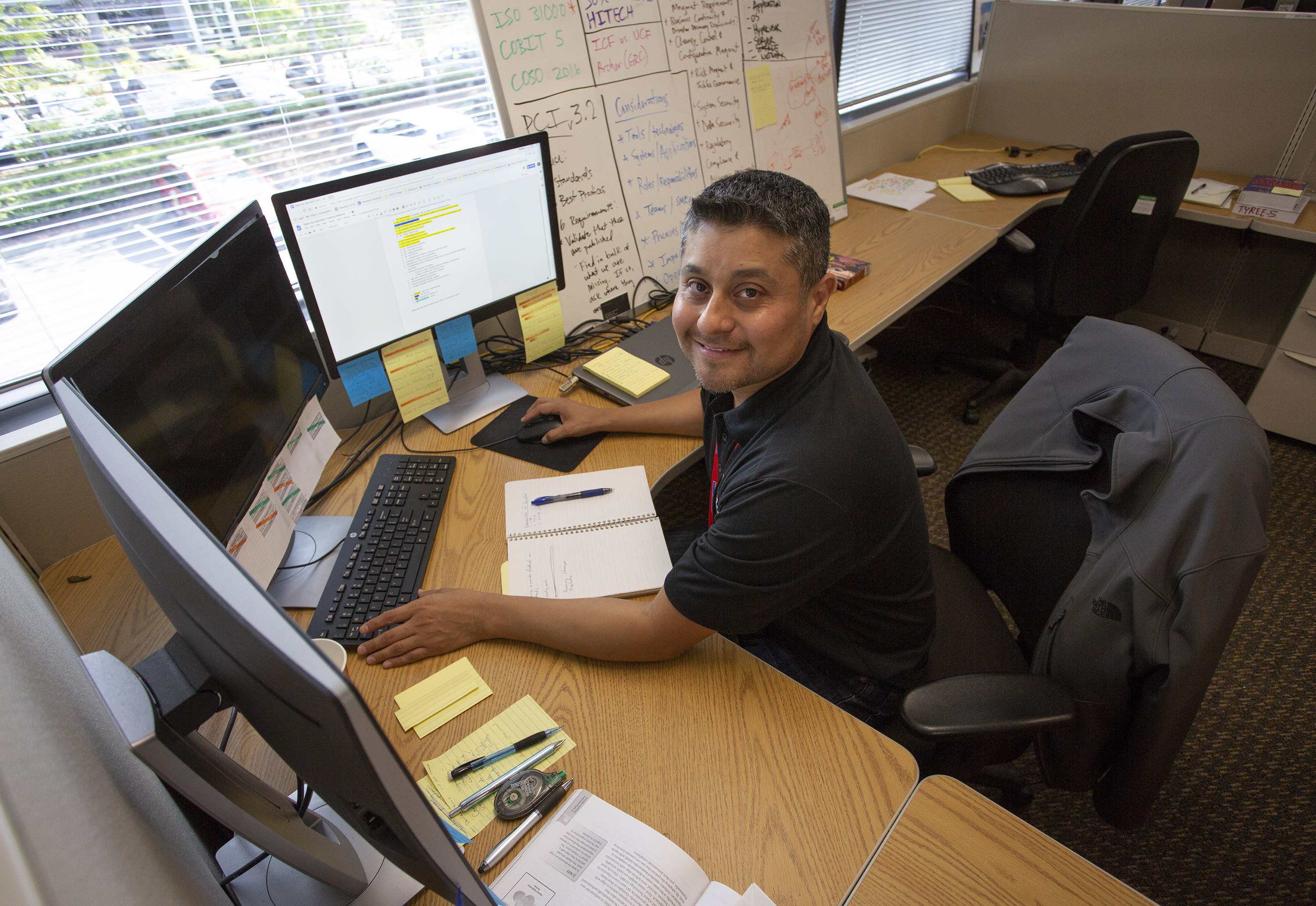











 The U.S. is projected to experience a shortage of registered nurses in the coming decades. It’s a problem that will be compounded by the aging Baby Boomer generation.
The U.S. is projected to experience a shortage of registered nurses in the coming decades. It’s a problem that will be compounded by the aging Baby Boomer generation.